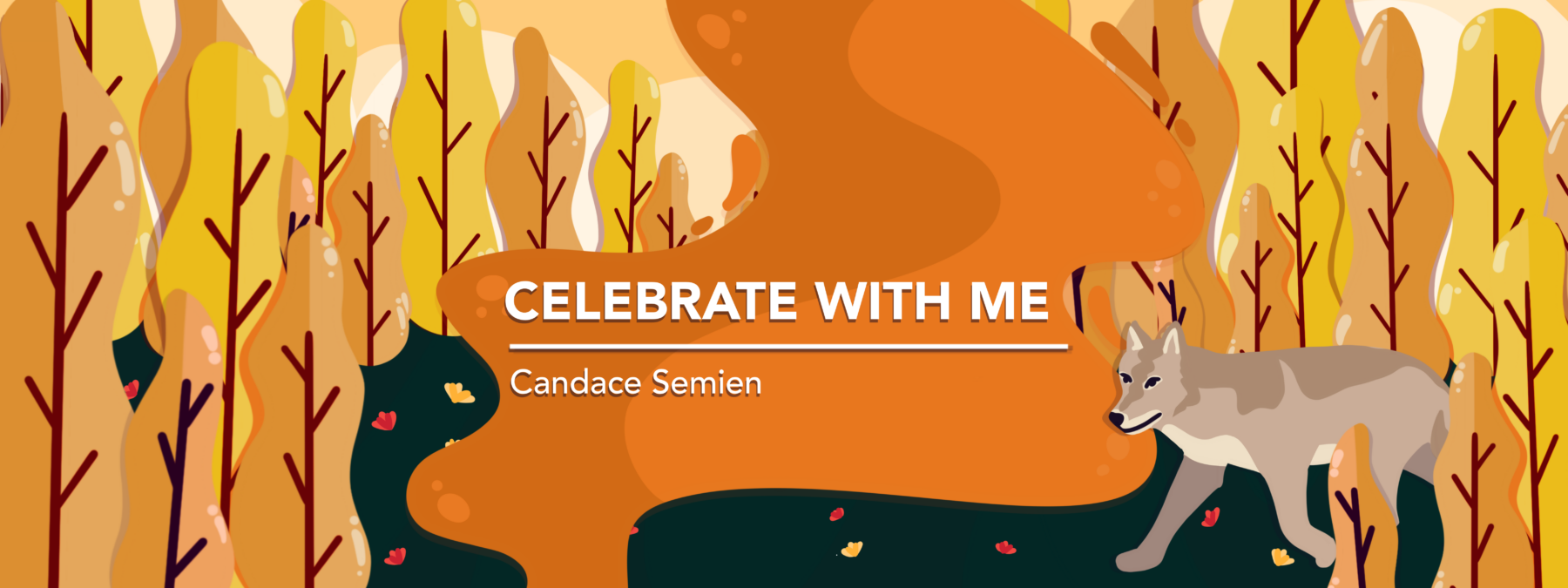How an afternoon tea led me to my rare disease communities
A friend's gathering and a diagnosis disclosure kicked off the falling dominoes

Disclosing your health status is one of the most fretful decisions in the chronic illness and rare disease stratosphere. For me, an afternoon tea helped to settle the fret, pull together a circle of friends, and set a chain of support in motion.
When I faced a confirmed lupus diagnosis, I was already bearing confirmations of mixed connective tissue disease, Sjögren’s syndrome, and fibromyalgia. My pain was debilitating and uncontrollable. My appetite was stripped to medicines, supplements, sweet tea, pickles, and bitter lemonade. My mobility and cognition were hammered. Death seemed inevitable. And holding the diseases secret added an inexplicable burden when I was in and out of the hospital.
Until this crisis, I hadn’t thought of needing or soliciting support. I had no clue how to ask for help that I didn’t know I needed, and I definitely couldn’t believe that other people were living vibrantly with these rare diseases.
Then a friend, Joyce, offered to host a private, afternoon tea to garner support for me. It took some convincing, but my family and I eventually agreed that a tea would be the best way to tell the people we felt had to know. It took weeks for me to muster the mental fortitude and physical strength to attend it while living through the worsening flares.
My plan was to be transparent and challenge any rumors those attending were hearing about my demise and failing capacity as a journalist.
Joyce’s plan was to give the guests an opportunity to show love and celebrate my survival. She coordinated a beautiful, thoughtful tea at Danse Noir Studio in Baton Rouge, Louisiana. My parents only had to get me strong enough to show up; my husband corralled our children. My memory of the day relies on videos, cards, and photos, but my heart won’t forget how compassion poured from friends, family, and community leaders.
None of them had ever heard of Sjögren’s, even though tennis star Venus Williams withdrew from the 2011 U.S. Open because she had symptoms of it. They also hadn’t heard of systemic lupus erythematosus. Always the different one, here I was with two rare and incurable conditions, and one of them was threatening my life.
I remember seeing my reflection in the dance studio’s mirror. I was fragile and had gray skin, or cyanosis. My fingers had white nail beds, which are the tissue under the outer nail and are normally pink. I couldn’t stand without scorching pain, so I sat and took in my people’s love. (It still amazes me that they came for me.)
At one point during the tea, my mom shared snippets on how tumultuous our lives had been. Her voice cracked and others sniffled as she explained that I would need help, and “we really do not know how much help or how long that would be.”
One thing leads to another, and another …
We didn’t ask for commitments, but on the spot, guests began giving them. Then, Johnnie Domino and Koo, a local video duo, said they’d not only complete the project the three of us were producing, but they’d also make certain our children had a joyful Christmas to remember. That Christmas week eight years ago, those men delivered gifts from very specific, unvetted lists that included black-and-red name brand basketball shoes, a bike with pink tassels, bike helmets, Lego building sets, and pink leather cowgirl boots.
Joyce’s tea launched this domino effect of support. From that moment on, help has come from people sending books and teas, taking my children ice skating, delivering trays of meals, finishing projects on my behalf, sharing medicinal products, combing my hair, composing music, and creating essential oil blends and pillows to mollify pain.
Their help and love allowed my family and me to develop resilience as flares escalated and waned. I noticed this resilience dominoed when my mother found the Louisiana Lupus Foundation’s support group meetings and signed us up. We met other people — mostly Black women — who were living with lupus, including one who’d been living with it for most of my life.
This circle of survivors challenged my perception of lupus and provided hope when I believed my life would be cut short, and painfully so. They heard my fears and celebrated any medical victory. One shared words they attributed to mental health counselor Delarious O. Stewart and redefined us as “differently abled, not disabled.”
They encouraged my writing and sought opportunities even when my cognition and dexterity failed. That encouragement domino pushed me to Bionews, the parent company of this website, and its community. As a patient, I received Lupus News Today updates that provided clarity on biomedical research and insight on coping. True to its own words, Bionews is a resource “that can literally change a patient’s life.”
Now, as a columnist, I’ve found the Bionews community empowers, engages, and encourages me by giving space, celebration, and validation to my truest experiences.
And that is rare.
Note: Lupus News Today is strictly a news and information website about the disease. It does not provide medical advice, diagnosis, or treatment. This content is not intended to be a substitute for professional medical advice, diagnosis, or treatment. Always seek the advice of your physician or other qualified health provider with any questions you may have regarding a medical condition. Never disregard professional medical advice or delay in seeking it because of something you have read on this website. The opinions expressed in this column are not those of Lupus News Today or its parent company, Bionews, and are intended to spark discussion about issues pertaining to lupus.







Leave a comment
Fill in the required fields to post. Your email address will not be published.